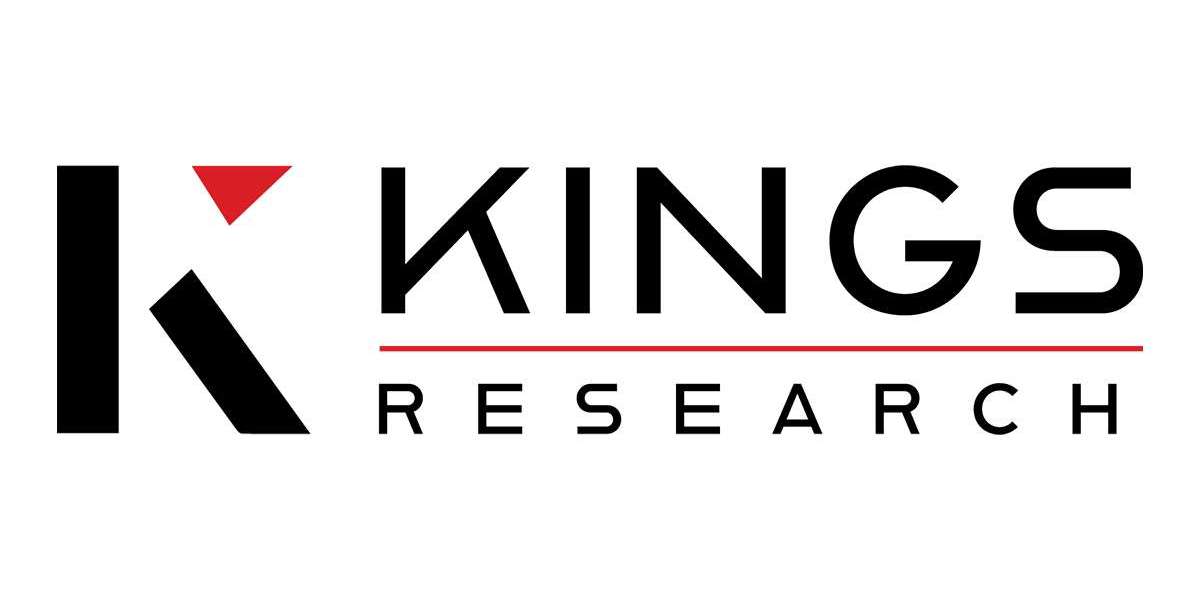In the vast landscape of the internet, where millions of websites vie for attention, search engines play a crucial role in connecting users to the content they seek. Google, the search giant, is undoubtedly the most prominent player in this field. To ensure that users receive the most relevant results, Google employs a complex and ever-evolving search algorithm.
The Evolution of Google's Algorithm
Google's algorithm journey began in 1996 when Larry Page and Sergey Brin, the company's co-founders, developed the PageRank algorithm. It revolutionized search by ranking web pages based on the number and quality of links pointing to them. Over the years, Google introduced numerous updates and improvements to enhance the search experience. Notable algorithm updates include Panda, Penguin, Hummingbird, RankBrain, and BERT, each designed to tackle specific aspects of search quality.
Key Components of Google's Algorithm
- Content Relevance: Google prioritizes content that matches a user's query. Keywords, quality, and uniqueness are key factors in determining relevance.
- Backlinks: The number and quality of websites linking to a page influence its authority. High-quality backlinks improve a page's ranking.
- User Experience: Google considers factors like page speed, mobile-friendliness, and secure connections (HTTPS) to provide users with the best experience.
- RankBrain: An AI component, RankBrain, interprets and understands search queries, allowing Google to provide better results, even for ambiguous queries.
- E-A-T: Expertise, Authoritativeness, and Trustworthiness are vital for ranking. Google evaluates these aspects, especially for YMYL (Your Money or Your Life) topics like health and finance.
- Mobile-First Indexing: Google now primarily uses the mobile version of a site for ranking and indexing, making mobile optimization critical.
- Page Quality: The quality of the content on a page, including grammar, spelling, and overall usefulness, affects rankings.
How Google's Algorithm Impacts Website Owners
Understanding Google's algorithm is crucial for website owners, marketers, and SEO professionals. Here's how it impacts them:
- SEO Strategy: To rank well, websites must align with Google's ranking factors, optimizing content, and improving user experience.
- Content Creation: High-quality, relevant content is essential. Keyword stuffing and low-value content no longer work.
- Link Building: Building authoritative, organic backlinks remains crucial.
- Technical SEO: Regularly optimizing for mobile-friendliness, speed, and security is a must.
- Algorithm Updates: Staying informed about Google's algorithm updates is vital to adapt and avoid penalties.
Google's search algorithm is a complex, ever-evolving system that shapes the online landscape. SME Digital is top Digital Marketing Company in Chennai understanding Google's search algorithm key components and adapting strategies accordingly is essential for anyone seeking online visibility. As Google continues to refine its algorithm to deliver better results, website owners must remain agile and focused on providing value to users, ensuring that they stay in sync with the world's leading search engine.
Are you looking for a Digital Marketing Company in Chennai? SME Digital, a digital marketing company in Chennai focuses on providing a wider platform for small and medium enterprises to transition their business to the online platform. In the digital world, it is important to keep the visibility of a brand to retain customers and get new customers.



